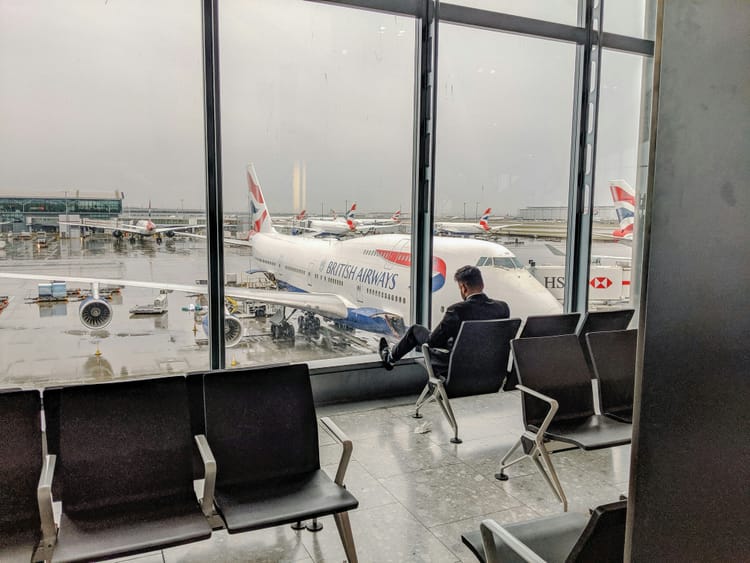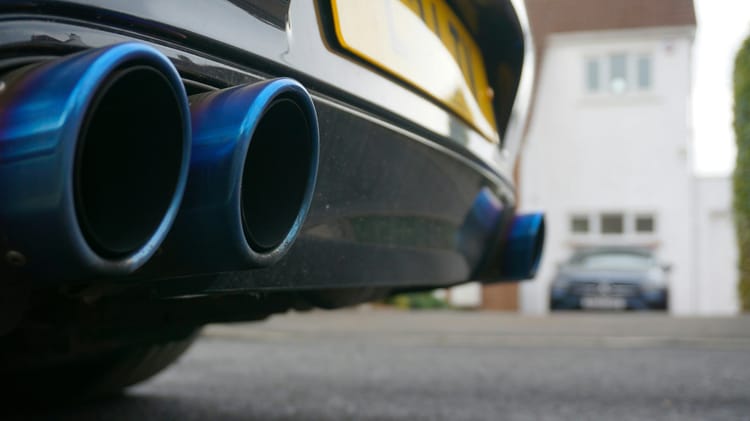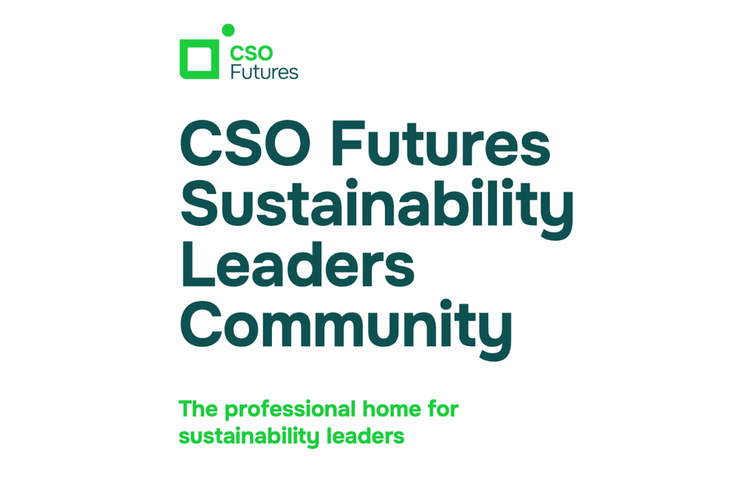Chief Sustainability Officers reflect on London Climate Action Week
From the need for a sustainability reset to the role of science, imagination and love in the transition...

As this year’s London Climate Action Week draws to a close, Chief Sustainability Officers present at the event share their key takeaways, from the need for a sustainability reset to the role of science, imagination and love in the transition.
London Climate Action Week (LCAW) is fast emerging as the new must-attend event in the sustainability world. This year’s edition saw over 700 events held across iconic locations in the UK capital, attended by more than 45,000 people.







